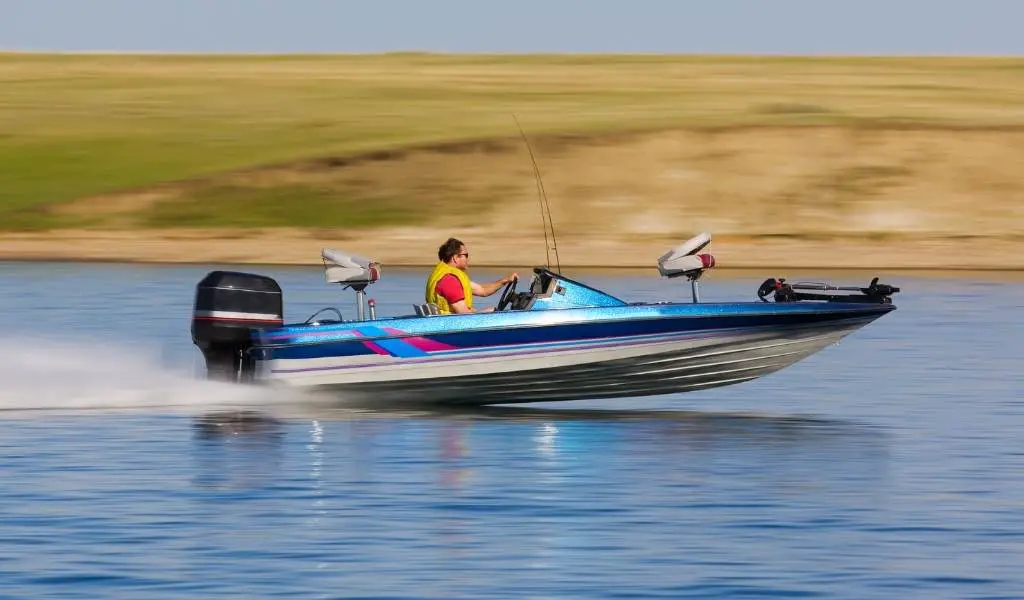Thirsty Endgrain
Petty Officer 1st Class
- Joined
- May 30, 2020
- Messages
- 249
Hello all, I have a 17 foot Glasspar Seafair sedan with a 90 horse two stroke Johnson on the back. I would really like to upgrade the engine for the best combination of efficiency and power, the boat came with a 75 horse Johnson that ended up being dead, and I was able to find the 90 to put on the back. Right now the boat tops out at around 33 to 35 mph. I don’t know how much the boat weighs full of fuel and gear, I need to look up the dry weight which I remember being somewhere around 1500 or 1700 pounds, the engine is around 300, and the fuel and gear probably add an additional 500 or so pounds. So all said and done it probably weighs somewhere around 2400 pounds? How do I figure out What engine size will produce the best efficiency? Would going back down to a 75 hp tend to increase or decrease efficiency? Would going up to 115 hp tend to increase or decrease fuel efficiency? I'm not as concerned with top speed, anywhere in the high 20s is probably enough for me. I also understand that propeller choice will have something to do with it. I’m in my research phase as I want to upgrade to a four stroke, but I want to make sure I make the right choice. Thanks in advance.




















